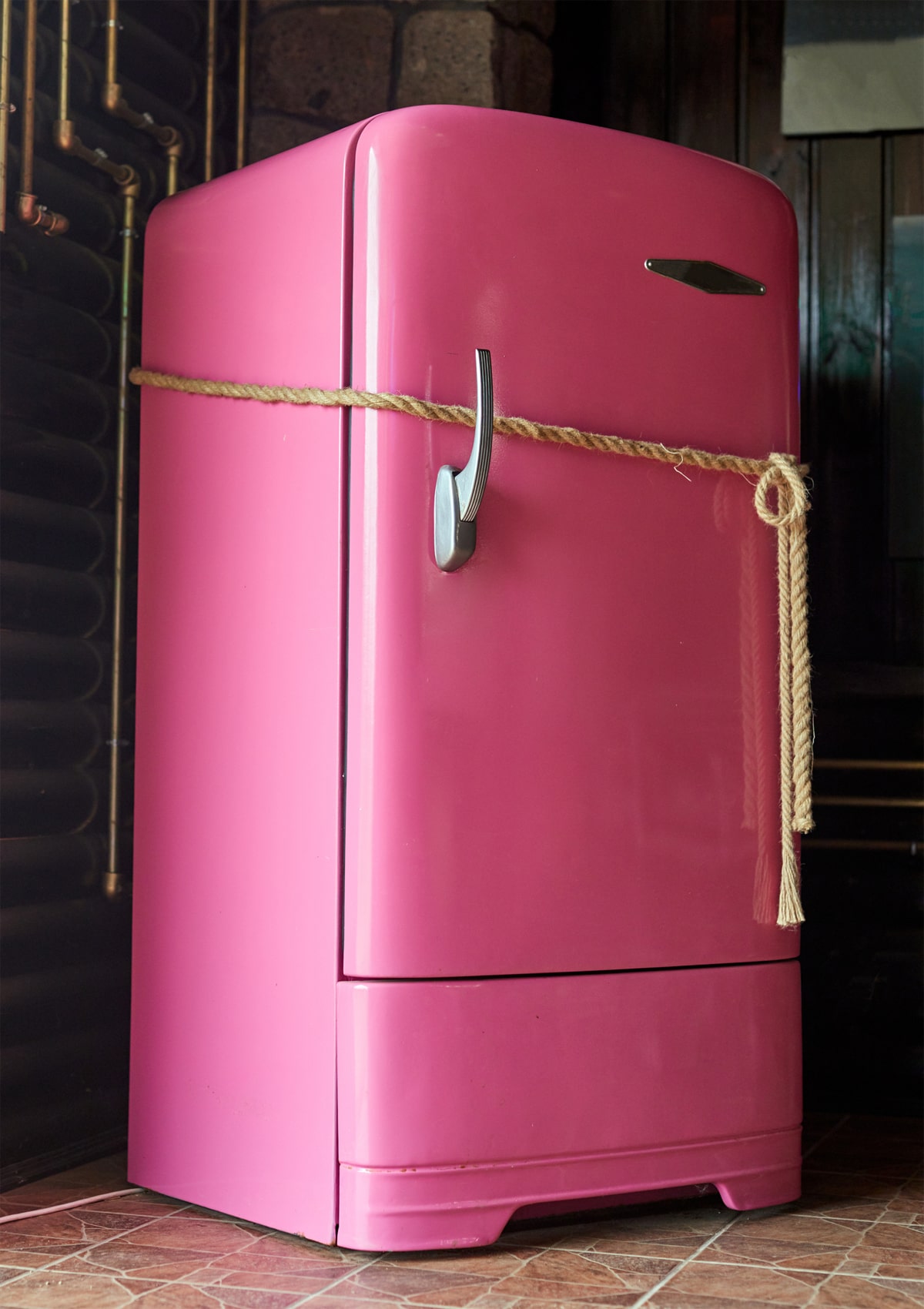Metro Denver is digging out from the fourth largest storm on record, the deepest snowfall in 75 years. More than 25,000 residents in the city and in Northern Colorado are without power a day later.
Six months later, heat waves pummel the state. People everywhere turn up the household AC. That overloads the grid. Lights out.
Because neither situation is within your control, it’s just plain smart to know what you should do to maintain while the electricity is being restored.
When the temperatures rise to a hot mess and electricity fails, keep the refrigerator door closed, as in: Do not open the refrig door and stand in front of it to keep cool! A full refrigerator will keep food chilled at the proper temperature (lower than 40 degrees) for 4 hours. A full freezer will keep food frozen for two days. Interestingly, a freezer that’s only half full will only keep food frozen for a day. Do the same during a winter outage.
Keep the doors and windows closed. Pull the blinds and drapes. This keeps the heat out in high temperatures. Likewise, keep your doors and windows closed when the snow falls to help keep the heat in.
Install surge protectors for your electronics. Back up your files periodically just in case.
Weather.com recommends that you assemble an emergency survival kit for severe weather including:
- Flashlights and batteries
- First Aid kit
- Battery pack phone chargers
- Bottled water
- Infant formula and diapers
- Pet food
- Non-perishable food
- If someone in your home relies on electric medical equipment, register that information with Xcel.
Just for the record, the most dangerous electrical hazards in the home have nothing to do with weather. The danger is in defective and poor wiring, according to injuryfacts.org. Those issues can be taken care of proactively in any kind of weather by calling Allstar Electrical.


